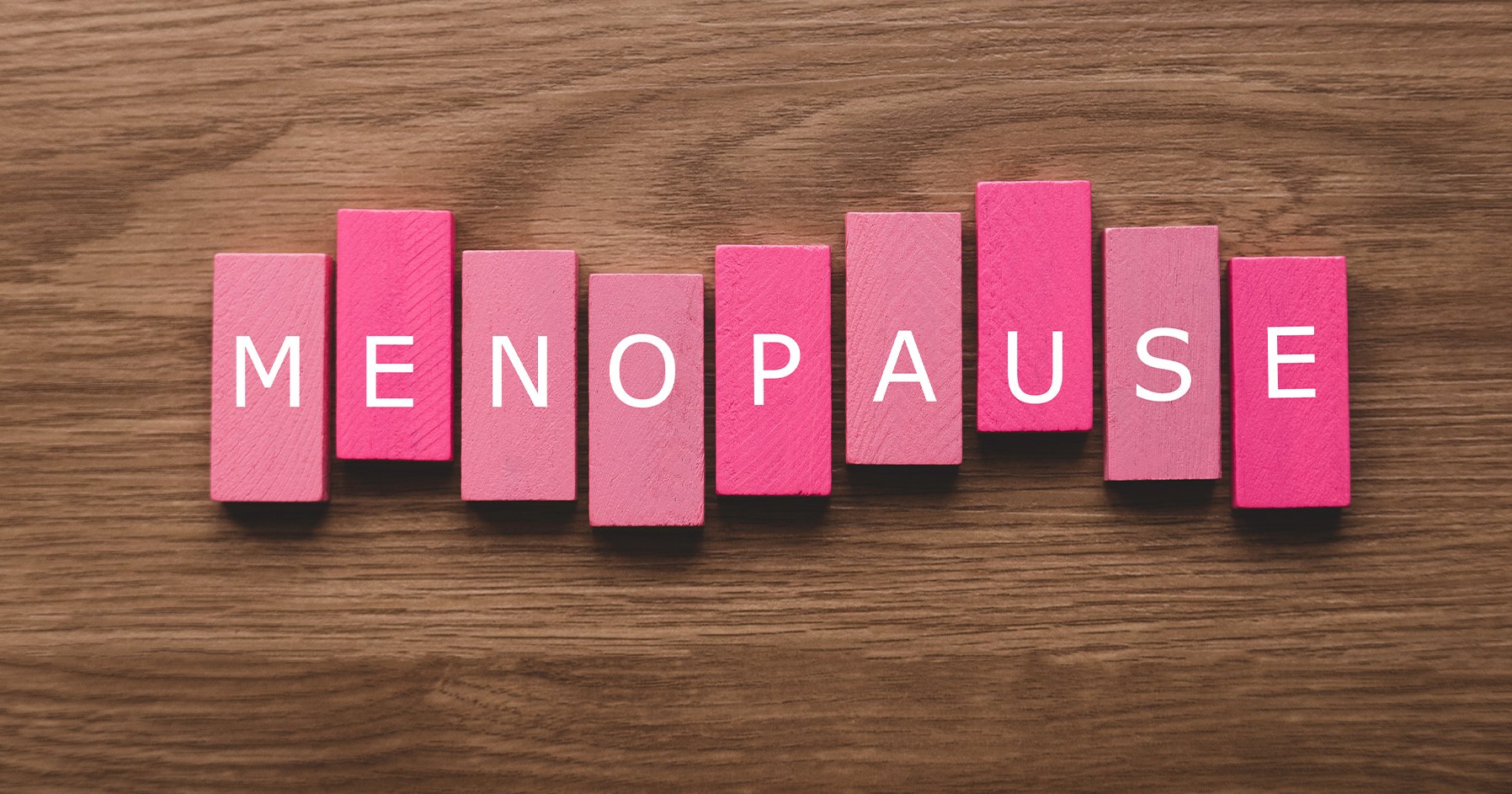Menopause: What You Need to Know
- October 27, 2023

Understanding Menopause: Stages, Symptoms, and Effective Management
Menopause is a natural phase in a woman’s life, marking the end of menstrual periods and reproductive years. Typically occurring around age 51, menopause can happen earlier or later and brings a variety of symptoms and changes. Understanding these changes is essential for managing your health and well-being during this transition.
Stages of Menopause
Menopause occurs in three key stages:
Perimenopause: This is the transitional period leading up to menopause. During perimenopause, hormone levels fluctuate, causing irregular periods, hot flashes, and other symptoms.
Menopause: Menopause is officially diagnosed when a woman has not had a menstrual period for 12 consecutive months. At this point, the ovaries produce very low levels of estrogen and progesterone.
Postmenopause: This stage begins after menopause and continues for the rest of a woman’s life. Postmenopausal women are at increased risk for certain health conditions, making regular check-ups crucial.
Common Menopause Symptoms
Every woman’s experience with menopause is unique, but some common symptoms include:
- Hot flashes and night sweats
- Mood swings and irritability
- Vaginal dryness
- Sleep disturbances
- Weight gain
- Decreased sex drive
- Difficulty concentrating (brain fog)
Causes of Menopause
Menopause can occur naturally or be triggered by medical interventions:
- Natural Aging: The ovaries gradually produce less estrogen and progesterone, leading to menopause.
- Surgical Menopause: Removal of both ovaries (oophorectomy) results in immediate menopause.
- Early Menopause: Factors such as medical conditions, chemotherapy, or radiation can cause menopause to occur earlier than usual.
Managing Menopause Symptoms
There are several strategies to help manage menopause symptoms:
- Lifestyle Changes: Regular exercise, a balanced diet, and stress management can alleviate many menopause symptoms.
- Hormone Therapy: Hormone replacement therapy (HRT) can relieve symptoms like hot flashes and vaginal dryness, but it may carry some risks.
- Other Treatments: Non-hormonal medications can address specific symptoms like hot flashes or mood swings. Vaginal lubricants can help manage dryness.
Health Risks After Menopause
After menopause, women face an increased risk of certain health conditions, including:
- Heart Disease: The risk of cardiovascular disease increases after menopause due to lower estrogen levels.
- Osteoporosis: Decreased estrogen can lead to bone density loss, increasing the risk of fractures.
- Type 2 Diabetes: Hormonal changes may impact blood sugar levels, raising the risk of diabetes.
Maintaining a healthy lifestyle, including regular exercise and a balanced diet, is essential for reducing these risks.
Common Myths and Facts About Menopause
Menopause is often misunderstood, leading to several myths. Here’s the truth:
- Myth 1: Menopause is just about hot flashes.
- Fact: While hot flashes are common, menopause involves a wide range of physical, emotional, and psychological changes.
- Myth 2: Menopause ends your sex life.
- Fact: Menopause doesn’t mean the end of your sex life. Vaginal dryness can be managed with lubricants or hormone therapy, and open communication with your partner is key.
- Myth 3: All women experience menopause the same way.
- Fact: Menopause experiences vary greatly. Some women have minimal symptoms, while others may experience more severe ones.
- Myth 4: Menopause causes inevitable weight gain.
- Fact: While hormonal changes can affect metabolism, lifestyle factors like diet and exercise play a significant role in weight management.
- Myth 5: You’ll feel better once menopause is over.
- Fact: Some symptoms may improve post-menopause, but others might persist. Continued focus on self-care is important.
- Myth 6: There’s nothing you can do about menopause symptoms.
- Fact: There are various treatments available, including lifestyle changes and medical options. Consult with Women’s Wellness of SA to find what works best for you.
Conclusion
Menopause is a natural part of aging, and while it can present challenges, it also offers opportunities for personal growth and new experiences. By understanding the stages, symptoms, and management strategies, you can navigate menopause with confidence and maintain a healthy, fulfilling life. Always seek accurate information and support from healthcare professionals to ensure the best outcomes during this transition.
Make appointment
Schedule Your
Visit Today
Secure your spot with our expert team for tailored healthcare solutions.
Conatct Us Form
"*" indicates required fields
